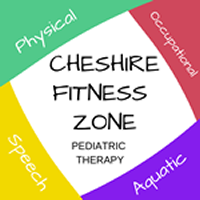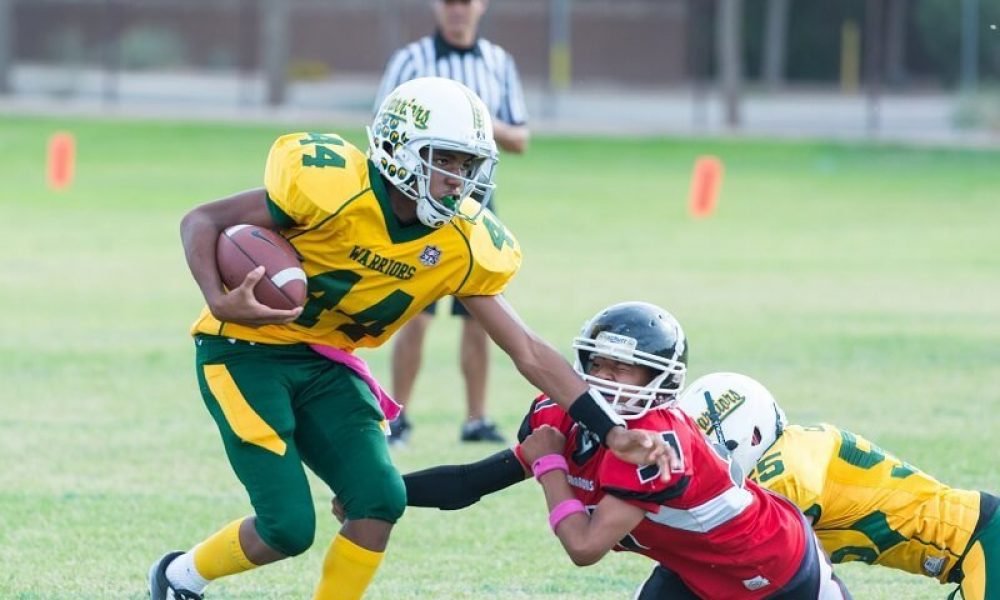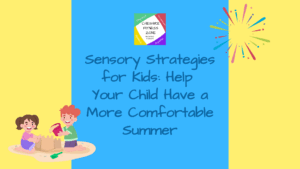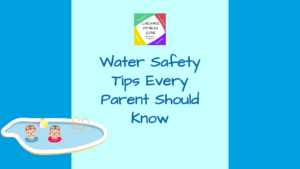Note: This blog post is intended for informational purposes only and should not be used in place of professional medical treatment or diagnosis from a doctor, surgeon, therapist, or other expert.
Youth sports are an important part of being a kid in America. From peewee football to tee-ball, soccer, gymnastics, lacrosse, track and field, basketball, and more, almost every kid in the country has at least one fond memory of participating in organized sports.
But as fun and enriching as youth sports are, they can also be risky—injuries happen. For the most part, youth sports aren’t often responsible for serious injuries. But when it comes to head injuries, especially concussions, even minor instances need to be taken seriously.
According to information from the Brain Injury Research Institute, there are about 135,000 sports-related concussions in 5-18 year olds each year.
Caused by trauma to the head as the result of a fall, tackle, or other sudden impact, concussions can be responsible for lifelong consequences if not properly diagnosed and treated.
Diagnosing a Concussion
When a child receives a blow to the head—even if it doesn’t seem significant at first—stay vigilant and look for the following symptoms:
- Dizziness
- Loss of consciousness
- Prolonged headache
- Blurry vision
- Nausea or vomiting
- Sensitivity to light
- Sudden poor balance or coordination
- Trouble speaking
- Confusion or mood swings
If any of these symptoms manifest, the child should be taken to a doctor immediately.
Treating a Concussion
In severe cases, concussions will need to be treated with a stay at the hospital, but for the most part rest at home is all that’s called for.
If a concussion is diagnosed, your pediatrician or other doctor will most likely recommend that the affected child stays home from school for at least a few days, and to avoid mental strain from video games, reading, texting, and other cerebral activities.
Of course, physical activities and sports (especially the one responsible for the injury) should be avoided for as long as possible, at least 4 weeks without any symptoms like those described above.
Afterwards, your doctor will likely advise easing back into activity with light exercise. “Easy does it” is a good motto after a concussion.
In any case, be sure to seek and follow the advice of your doctor or another trained medical professional!
How Occupational Therapy Can Help
With severe concussions, there may be long-term effects such as deficits in coordination, memory, organizational skills, mind-body awareness, and more. In these cases, your doctor might recommend a visit to an occupational therapist.
Occupational therapists specialize in the daily activities or “occupations” of daily life, and are trained in helping to acquire or reacquire the kinds of cognitive abilities that are affected by concussions.
Occupational therapists use guided activities, strength exercises, mental tasks, games, puzzles, and more to help with strengthen cognitive skills and abilities.
For other sports injuries, pediatric physical therapy or aquatic therapy may also be able to help with recovery.
If you’re in Connecticut and interested in learning more about occupational therapy, physical therapy, or aquatic therapy to help your child recover from a concussion or other sports injury, get in touch with Cheshire Fitness Zone today.
Conveniently located in both Cheshire and Meriden, Cheshire Fitness Zone is a therapy clinic that specializes in pediatric services, with years of experience and happy clients across the state. Contact us to learn more!
[contact-form-7 id=”537″ title=”Contact Us form”]



